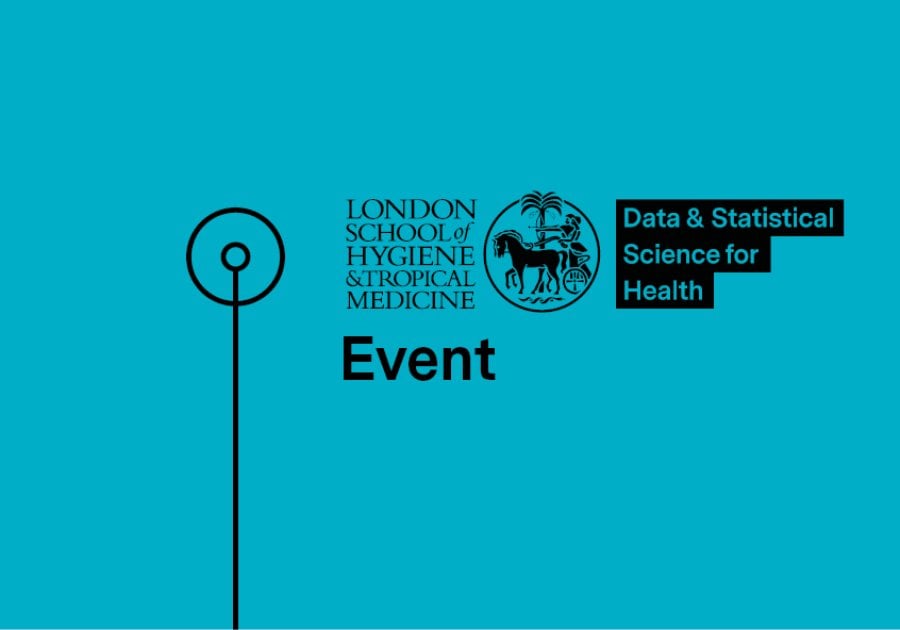Ensuring valid inference for Cox hazard ratios after variable selection

The analysis of randomized trials with time-to-event endpoints is nearly always plagued by the problem of censoring. As the censoring mechanism is usually unknown, analyses typically employ the assumption of non-informative censoring. While this assumption usually becomes more plausible as more baseline covariates are being adjusted for, such adjustment also raises concerns. Pre-specification of which covariates will be adjusted for (and how) is difficult, thus prompting the use of data-driven variable selection procedures, which may impede valid inferences to be drawn. The adjustment for covariates moreover adds concerns about model misspecification, and the fact that each change in adjustment set, also changes the censoring assumption and the treatment effect estimand. In the first half of this talk, the speaker will discuss these concerns and propose a simple variable selection strategy that aims to produce a valid test of the null in large samples.
In the second part of the talk, the speaker will consider the problem of how to best select variables for inferring the conditional causal hazard ratio with observational data. The major complication that we face with survival data is that the variables that should be selected to adjust for confounding may not be those that explain the censoring mechanism. We overcome this problem using a novel three-step procedure that can be implemented using existing software for penalized Cox regression. In particular, we will propose tests of the null hypothesis that the exposure has no effect on the considered survival endpoint, which are uniformly valid under specific sparsity conditions, along with corresponding uniformly valid confidence intervals. Such uniform validity will be achieved by relying on specific sparse estimators that target the regularisation bias inherited by a naïve post-selection partial likelihood estimator.
The speaker will also describe how to extend this strategy to settings where the proportional hazards assumption fails.
Speaker
Kelly Van Lancker, Ghent University
Event notices
- Please note that you can join this event in person or you can join the session remotely.
- Please note that the recording link will be listed on this page when available.
Admission
Contact



